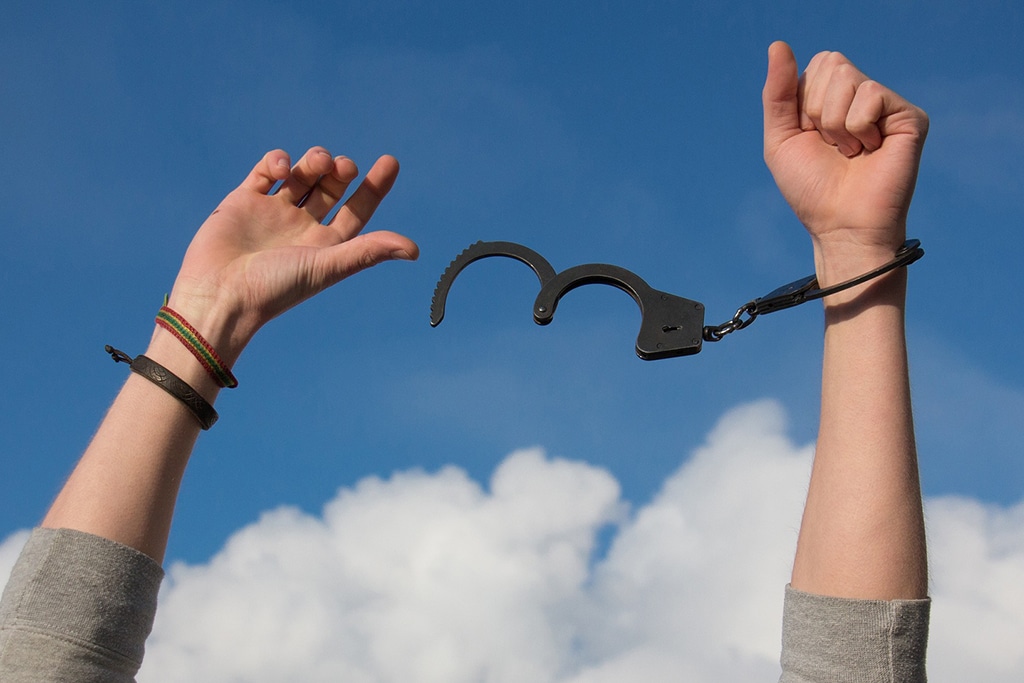Mark Karpeles, who presided over the dramatic 2014 collapse of the world’s biggest cryptocurrency exchange Mt. Gox, was found guilty of tampering with financial records but will likely avoid jail time after receiving a suspended sentence.
He was found guilty on just one charge though: producing illegal records. The rest of the charges, including the loss of millions of dollars in Bitcoin, were dropped. Further, he was handed a suspended sentence.
Just for a reminder, prosecutors have demanded the Japanese court to charge Mt. Gox CEO Mark Kapelès a minimum 10-year jail term under charges of Bitcoin embezzlement and fraud.
The conviction brings to a close the defining incident of the first bitcoin boom when Mt Gox, then the world’s biggest cryptocurrency exchange, filed for bankruptcy in 2014 after losing about 850,000 bitcoins from its accounts.
Those bitcoins are worth $3.3bn at today’s price of $3,865. A suspended sentence in U.S. basically means that as long as the accused keeps their nose clean, they don’t have to go to jail.
The court verdict said:
“The charge of electronic record tampering is true and deserves punishment, but there’s no criminal evidence of embezzlement.”
In handing down the suspending jail term, it blamed Karpeles for “massive harm to the trust of his users,” saying “there is no excuse for the defendant, who is an engineer with expert knowledge, to abuse his status and authority to perform clever criminal acts.”
Karpeles’ defense attorneys used the fact that he hid the true state of the exchange from investors and users to his advantage.
They used the fact that he hid the true state of the exchange from investors and users to his advantage. They said:
“Mt. Gox did not collapse because of the defendant’s wrongdoing. On the contrary, the defendant was trying his hardest every day to prevent its collapse.”
Karpeles eventually stood trial in 2015, but not on account of the theft. Instead, he was charged with faking trading information at Mt.Gox over “several years” and embezzling $3 million in customer funds deposited with the company.
He was arrested in August 2015 and spent a year in Japanese detention after being re-arrested several times, as is possible under the legal system in Japan.
When he was finally released on bail, he had lost a huge amount of weight and at his first high-profile hearing offered up a clean-cut image.
Since then, Karpeles has been active on social media but has largely avoided commenting on his case in detail as he awaited the court’s verdict.
Luxury Living and High-End Spending Using Embezzled Money?
Karpeles came under scrutiny after prosecutors claimed he used the embezzled money to fund an ostentatious lifestyle, including living in a $11,000-a-month rented apartment and regularly spending on overseas trips. In addition to personal expenses, he reportedly launched a high-end 3D printing business; a cost deemed “unnecessary” for Mt.Gox’s purposes.
However, Karpeles maintains innocence to this date and denied all charges levied.
The Karpeles case has attracted increased public interest since the shock arrest in Japan four months ago of another prominent foreign executive: Carlos Ghosn, the former chairman of Nissan Motor Co. The Brazilian-born French national was charged with hiding millions of dollars in deferred income from his fellow executives and board members.
In an interview with The Associated Press last year, Karpeles warned about the risks of virtual money, likening its precariousness to a game of musical chairs, with about 10,000 people around each chair.
He said:
“As long as everyone is dancing, it’s fine, but if everyone wants to sit at the same time there won’t be enough chairs.”
As Financial Times explain, Basel panel urges banks to be wary of crypto assets. After thousands of investors lost their money in Mt Gox, however, the price subsided back to around $250 before its spectacular ascent to almost $20,000 in 2017.
Spectacular hacks have continued, however. Last year, another exchange, Coincheck, lost $500m to hackers.
The Mt Gox collapse has prompted a long legal saga as investors seek to recover their funds. After its collapse, 202,185 missing Bitcoins were discovered in an online wallet, and the surge in their price is potentially sufficient for investors to recover all of their money.
